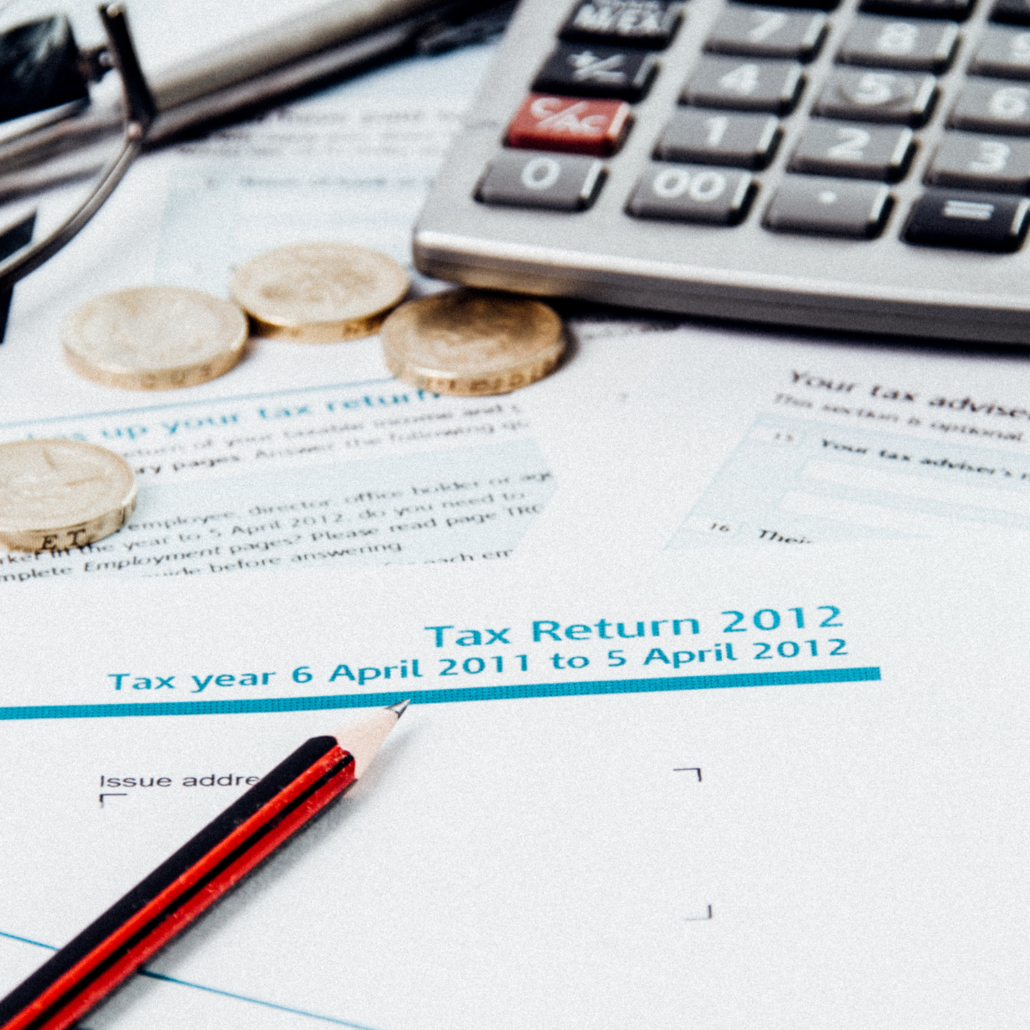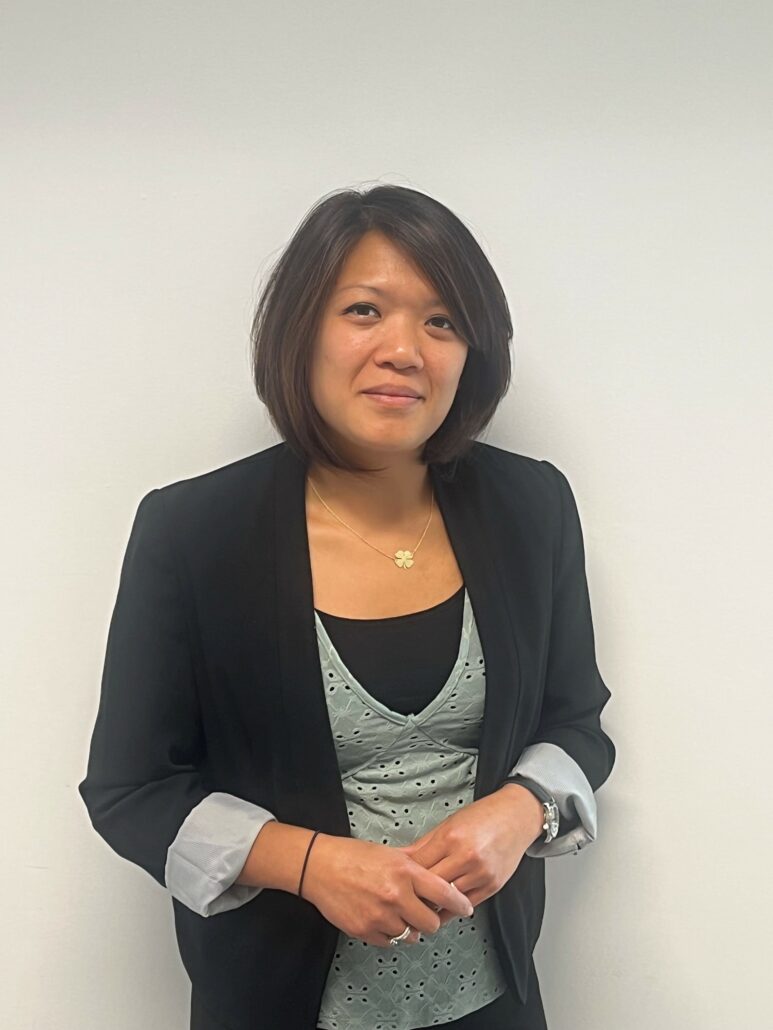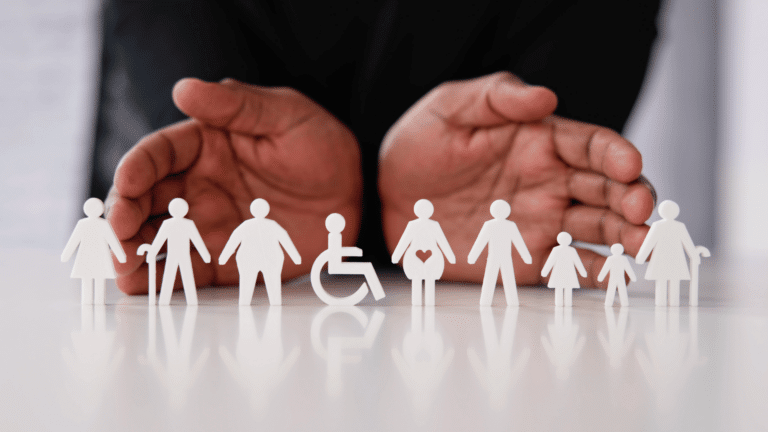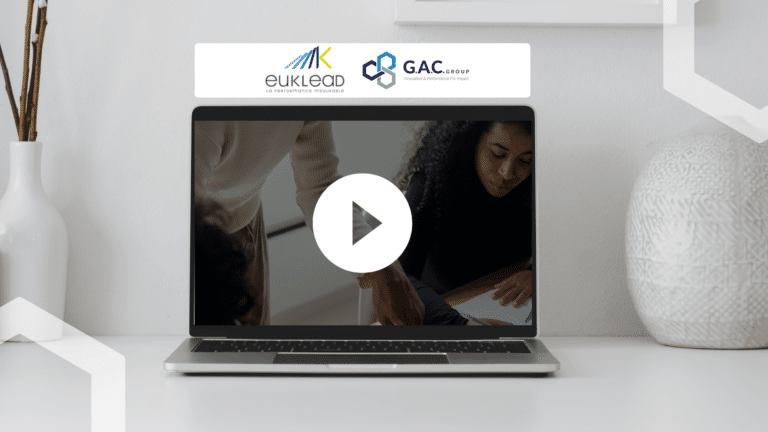I. Highlights of July 2022
Stay connected to the news thanks to our watch made by payroll experts and DSN and be ready for the start of the school year.
1) Exemptions and payment aids

Since the start of the health crisis in March 2020, the exemption and payment assistance system has not stopped evolving: on the eligibility of companies, exempt periods of employment, reporting methods, etc.
On reading the texts, the latest more restrictive version was open for periods of employment from December 2021 to February 2022 and could be declared until June 30, 2022 at the latest.
In its update of July 1, 2022 of the instruction of September 28, 2021, the BOSS (Official Social Security Bulletin) specifies that "by tolerance, the collection bodies may accept additional declarations from employers until December 31, 2022".
For more information, you can consult the sheet provided for this purpose.
The GAC Group teams are closely monitoring this system of exemptions and assistance with the payment of employer contributions.
2) Details on the pro rata social security ceiling
In its update of July 1, 2022, the Department of Social Security, via the BOSS, provided significant details as to the application of a pro rata of the social security ceiling for employees on the daily package, part-time therapeutic employees. In addition, it recalled the provisions applicable to employees not eligible for the pro rata ceiling (homeworkers, employees benefiting from rates, bases or specific or lump sum amounts, sales representatives, models, freelancers, etc.). The application of the pro rata ceiling is framed by numerous conditions that the administration is now likely to oppose to companies. It is important to be vigilant on this point.

3) Flat-rate employer deduction applicable to structural overtime

In the event of absence, the taking into account of structural overtime has continued to evolve in 2022, sometimes prorated, sometimes not taken into account.
In July 2022, the Social Security Department seems to have fixed the doctrine applicable to structural overtime: they are now taken into account in proportion to the ratio between the remuneration paid during the month and that which should have been paid if the employee did not had not been absent.
Depending on the payroll software, payroll and DSN adjustments are essential. These manipulations can have consequences on your expenses which require the support of our experts.
4) The declaration of paternity leave is simplified
Until June 2022, the employer had to establish a salary certificate for each period of leave and indicate the dates taken by the employee on paternity leave so that the CPAM can pay the IJSS to the employee.
Since July 1, 2022, the procedures are simplified in DSN : the work stoppage report is sufficient. However, in information dated July 12, the CPAM recalls that the declaration of a salary certificate via net-entreprises.fr is always possible. In this case, it is necessary to communicate the dates of the employee's paternity leave via the DEPOFI teleservice.

5) Bills favorable to purchasing power that involve companies
The month of July is marked by the study of the Amending Finance Bill for 2022 (PLFR 2022) and the bill "emergency measures for the protection of purchasing power" by the National Assembly and the Senate .
These two legal sources are decisive for the second half of 2022 and beyond. Indeed, several measures will impact the payroll and HR services of companies.
Our HR performance experts monitor these bills to best support you in their application

II. Your HR news in August 2022
1) As of August 1, 2022, it will no longer be possible to place an employee who has to look after a child in partial activity.

The Ministry of Labor has confirmed the end of the partial activity scheme for this population on July 31, 2022.
No extension seems to be envisaged due to the absence of a provision on the subject in the Amending Finance Bill for 2022 and the draft law on emergency measures for the protection of purchasing power.
On the other hand, the partial activity scheme remains open to vulnerable employees for the month of August 2022 and according to potentially different methods from September 1, 2022. The preferential social and tax regime offered by the partial activity scheme has not stopped evolving for 2 years and tends to gradually disappear. Over time, the visibility of the device becomes more and more opaque.
2) A 3rd revaluation of the SMIC for the year 2022
| SMIC AU 1er AUGUST 2022 |
| GROSS HOURLY RATE: €11.07 The net hourly rate is €8.76 = 11.07 – (11.07 x 20.84025 % of legal wage costs: 6.90 % old age capped + 0.40 % old age uncapped + 3.15 % supplementary pension + 0.86 % general equilibrium contribution + (9.20 % 98.25 %) CSG + (0.50 % 98.25 %) CRDS). |
| Gross monthly minimum wage (Full-time) | 1 678,95 € |
| Gross annual minimum wage (Full-time) | 19 743,97 € The gross hourly rate from January to April 2022 was €10.57; from May 2022 to July 2022 €10.85 and from August to December 2022, from €11.07. The annual calculation is therefore as follows: [€10.57 x 35 x ((52 x 4)/12)] + [€10.85 x 35 x ((52 x 3)/12)] + [11.07 x 35 x (52 x 5)/12] = €19,743.97.15 |
These changes in values have an impact on your pay slips, your contributions, your declarations in the DSN, your publications on the Women/Men index, the BDESE, etc.
3) The Value Added Sharing Bonus (PPV) – New PEPA bonus
This summer is also marked by the introduction of the new version of the Exceptional Purchasing Power Bonus (PEPA). Integrated into the Bill on emergency measures for the protection of purchasing power, this bonus has many advantages for employers and beneficiary employees.
As the PEPA is open until March 2022, the establishment of the PPV by companies should be voluntary. Regardless of their workforce, companies wishing to implement it may proceed by unilateral decision or by company or group agreement. The content of this decision or agreement determines many terms. However, the favorable social and tax regime that will result should depend on the date of its payment and the annual remuneration of the beneficiary.

For payments from July 1, 2022 to December 31, 2023:
A priori, it will be necessary to distinguish the social regime applicable to employees whose remuneration is less than 3 minimum wage who will benefit from a total exemption and those whose remuneration is higher than this limit whose exemption will be partial.
For PPD payouts on or after January 1, 2024:
Whatever the salary level of the beneficiary employees, the applicable social and tax exemption scheme should be the same as the partial exemption above.
Declarative methods

Still under construction by the organisations, the declarative procedures have yet to be defined.
However, it is the period of payment and the amount declared that are decisive as regards the social and tax system to be applied.
Our teams follow this information closely to make your declarations more reliable and therefore guarantee the application of the correct social and tax regime.
4) Raising the ceiling for exempt overtime
The amending Finance Bill for 2022, adopted by the National Assembly, plans to raise the income tax exemption limit for overtime for 2022. Subject to final publication in the Official Journal after reading by the Senate, overtime and additional hours worked between January 1 and December 31, 2022 will be exempt from income tax up to a limit of €7,500 net taxable (instead of €5,000 in 2021), i.e. a limit of €8,037 gross annually (instead of €5,358).
This measure will necessarily have an impact on your contributions, withholding tax and on your DSNs. To date, the declaration of these hours is debated within the organizations which are unable to isolate the net amount of these exempt hours.

Article written by:









